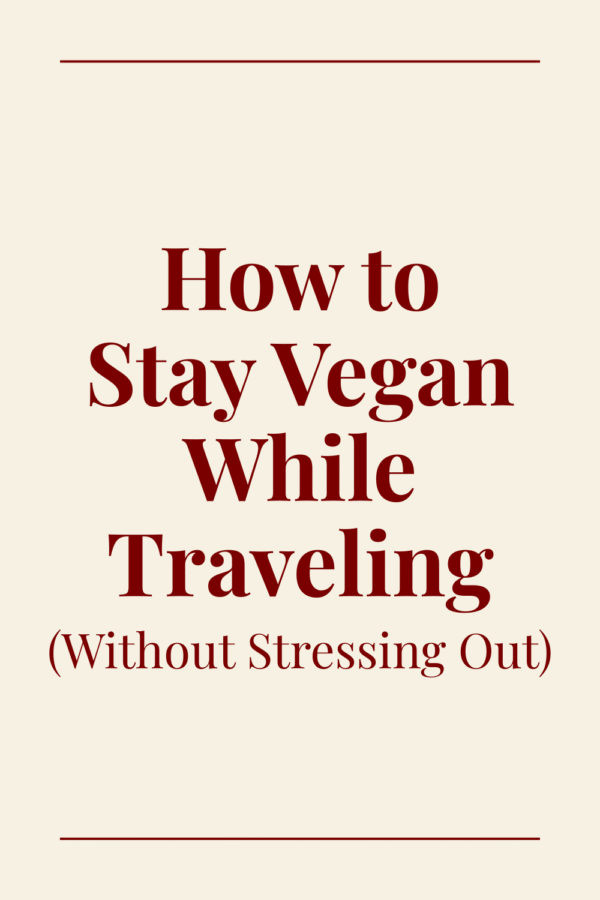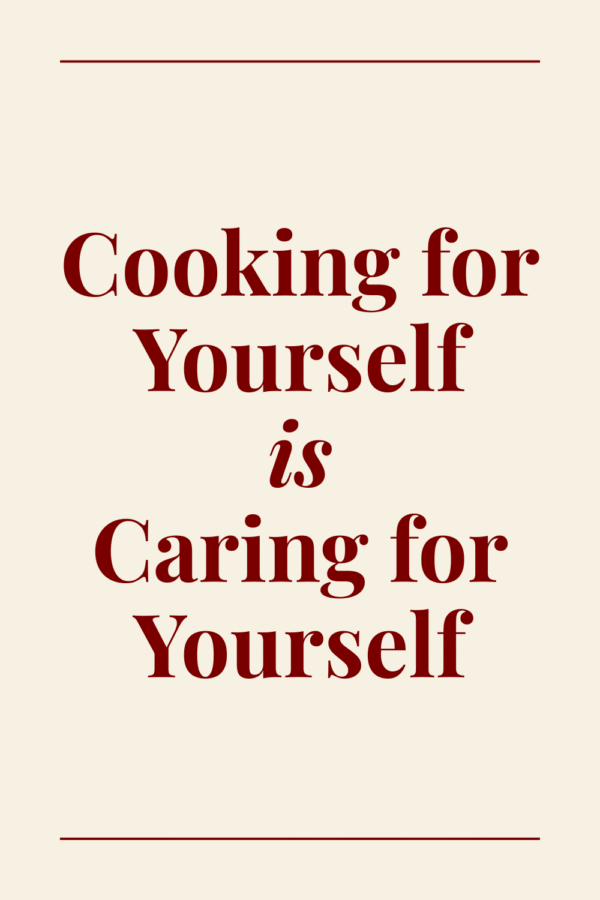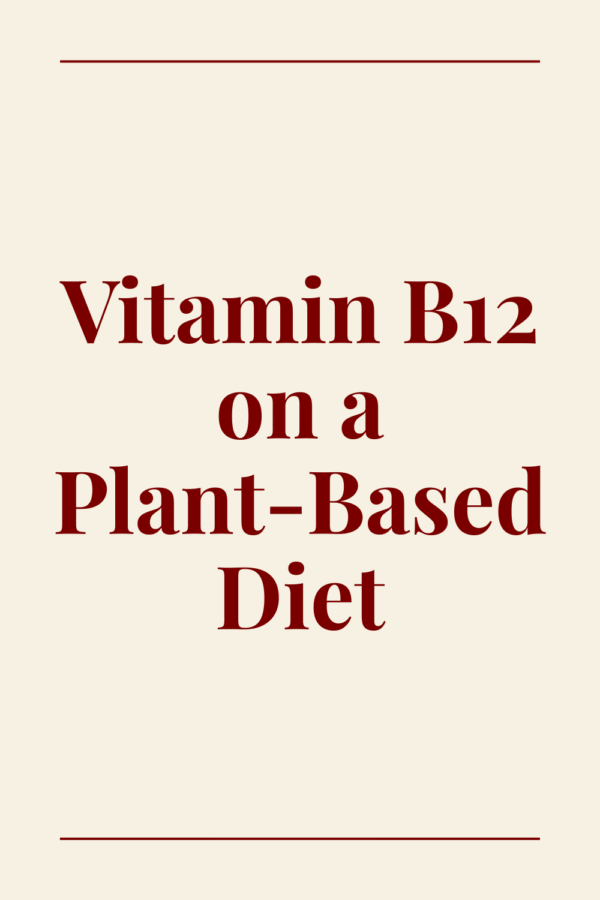Build strong bones without dairy through these healthy plant based options
For decades we have been told that we need milk from an animal to build strong bones. From the infamous "Got Milk?" campaigns to the widespread belief that animal milk is essential, the dairy industry has spent millions convincing us that their product is necessary for our well being. But the truth is, animal milk was never our milk, and we certainly don't need it for a healthy life.
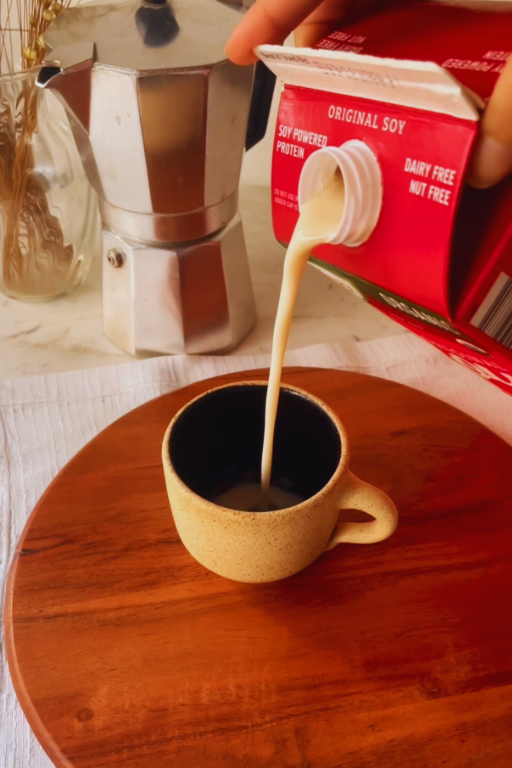
Realization After 15 Years of Being Vegetarian
When I first went vegetarian at 15, I didn't think much about dairy. My parents were worried enough about me giving up meat, so the fact that I’d still be drinking milk and eating cheese was a relief to them—and, in their minds, essential for my health. Fifteen years go by and things in my life changed pretty drastically.
One day while looking up some overnight oat recipes on YouTube, I got a video suggestion titled "Dairy is Scary"** by Erin Janus, and everything just clicked. I've always said I'm not vegan because I love cheese, but after watching that video I gifted the few items I had in my fridge that contained dairy and decided to go vegan. I was repulsed by what I saw. No animal needs to suffer for me to have a piece of cheese, a stick of butter, or a glass of milk. I have always loved animals, it is the least I can do for them.
**This video is not for the faint of heart. Watch at your own discretion.
Animal Milk is Not Our Milk
Dairy became a significant part of the Standard American Diet (funny how it abbreviates to SAD) in the 19th century, specifically after the Civil War. As cities started to grow, transportation became more common, and farming techniques improved, which made dairy farming more efficient. But did you know, it is more common to be lactose intolerant than not?!
Normally, we produce lactase enzyme in our infancy to digest our mother's milk, and like most other mammals, as we age we produce less of it. Some groups of humans around the planet have developed different genetic mutations that allow them to keep producing lactase into adulthood. This genetic adaptation allowed adults to digest lactose.
In the times of roaming plains and food scarcity this was an incredible mutation that certainly led to more success. However in this day and age we no longer require dairy to survive, if you are fortunate enough (not living in food scarce environments where dairy is a significant amount of your calories) then you don't need to contribute to the cruelty that is the milk industry.
sourced from: https://pmc.ncbi.nlm.nih.gov/articles/PMC3048992/
Breaking Down the Myths
Lets take a look at some of the biggest myths about dairy that marketing has fed us—and the reality:
- Myth: We need dairy to get calcium and have strong bones.
- Reality: Plant-based sources of calcium have just as much calcium, and often more absorbable without the risks of dairy.
- Myth: Dairy is essential for growth and development.
- Reality: We're the only species that drinks milk from another animal beyond infancy. Plant-based foods can provide us with everything we need without relying on cows' milk.
- Myth: Milk is "nature's perfect food".
- Reality: Milk is designed to support a calf's rapid growth, not for human consumption. Animal milk is filled with naturally occurring hormones meant for baby cows, not people. It is a perfect food when it's provided by a human mother to their child.
- Myth: It doesn't harm the cows, they are already producing milk.
- Reality: For the cow to produce milk it must give birth (like a human), then we take away the baby and drink it's food. If the cow births a male, that male gets killed for veal. Sadly, the dairy industry is also the veal industry.
What is Calcium and Why Do We Need It?
Calcium is a mineral that is typically associated with bones. About 99% of the calcium in our bodies is contained in the bones and teeth, the remaining 1% is found throughout our bodies. That 1% might not sound too important but it really is, it's responsible for many bodily functions that keep us going. If you don't have enough calcium circulating throughout your body, the parathyroid gland will release a hormone signaling to the bones to release calcium into the blood stream. Therefore, if you do not consume enough calcium, your body will try to keep the levels of it in your blood at the correct concentration so your bones will in turn get weaker.
sourced from: https://health.clevelandclinic.org/calcium
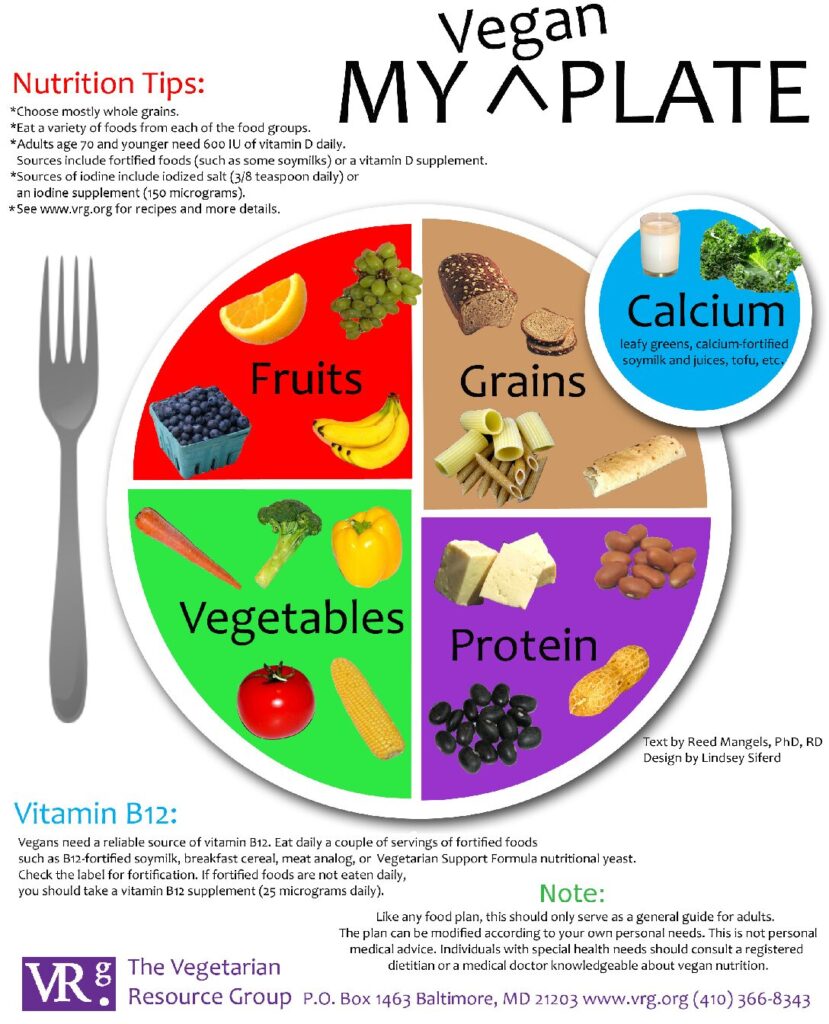
Where Do Animals Get Calcium in Nature?
If you were around in the 90's you probably remember how much milk was advertised. We were sold the idea that we need milk for calcium, to "build strong bones", but how do animals do it? Since other than humans, most other creatures don't consume milk past infancy.
- True (obligate) carnivores obtain calcium from bones consumed in their diet.
- Herbivores also obtain their calcium from their diet but instead of being sourced from bones it comes from plant material that they eat.
Now, I don't know about you but even when I ate meat I wasn't a fan of chewing on bones, so I'll probably be joining the herbivores here.
You might be thinking, "but I don't need to chew on bones, I can just drink milk". Well, milk has its own problems, for the cows and for us. The cow's problems with this are pretty clear, enslavement, forced impregnation, separation from their young. While for humans, milk may contain calcium, protein, and fat, it has also been linked with higher incidences of gastrointestinal cancers and higher rates of inflammation.
Sourced from https://www.ox.ac.uk/news/2022-05-06-dairy-products-linked-increased-risk-cancer
Kale for Calcium!
Were you surprised to see kale on this blog post? Kale, like other dark leafy greens, is a good source of calcium. In fact, kale contains more than double the calcium per 100g serving than milk.
- Whole Dairy: 123mg
- Kale: 254mg
Sourced from https://fdc.nal.usda.gov/food-details/323505/nutrients and https://fdc.nal.usda.gov/food-details/746782/nutrients
Can I Have Too Much Calcium?
Too much calcium can lead to hypercalcemia where you may suffer digestive symptoms, muscle weakness or twitches, thirst, and bone related pain.
Sourced from https://www.pennmedicine.org/for-patients-and-visitors/patient-information/conditions-treated-a-to-z/hypercalcemia#:~:text=Symptoms%20due%20to%20high%20calcium,to%20changes%20in%20the%20kidneys
What Do I Do?
It's pretty simple, if you can stop consuming dairy, stop. It is not necessary for your health and is the result of a lot of cruelty. Calcium clearly isn't a good reason to keep drinking milk and if you really enjoy milk, there are so many non-dairy options. Below are a few off the top of my head:
- Soy (complete protein)
- Hemp (complete protein)
- Almond
- Hazelnut
- Cashew
- Flax
Go taste some different milks, enjoy the variety and take pleasure in knowing that your milk does not contribute to the same levels of industrialized cruelty that dairy milk does. If cheese is the reason you don't want to leave dairy well, I've got some news, the world of vegan cheeses only keeps growing, it's an exciting time to be alive! We're becoming more aware of the cruelty that is the status quo, lets work together to make the earth a better place for us all (maybe not dairy farmers but they can pivot like Elmhurst did).
Ultimately, if you can enjoy "milk" with none of the associated animal cruelty, why wouldn't you? It's not harmful and only shows compassion by picking a less harmful beverage.
